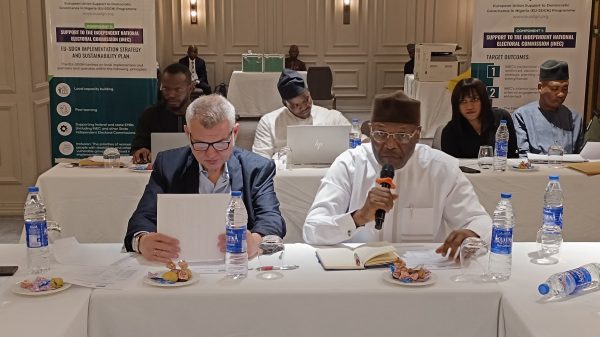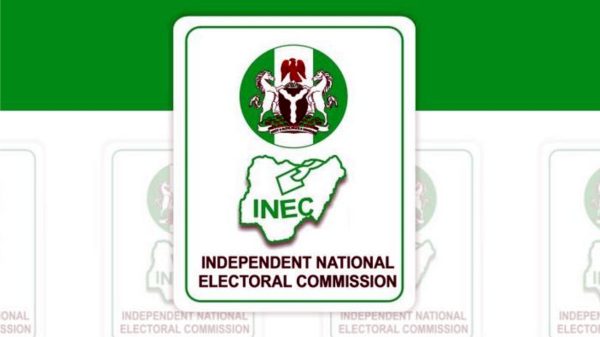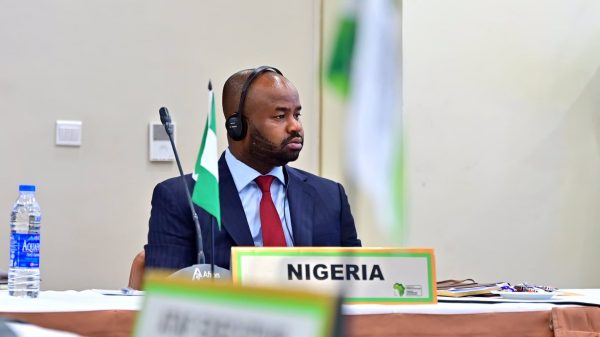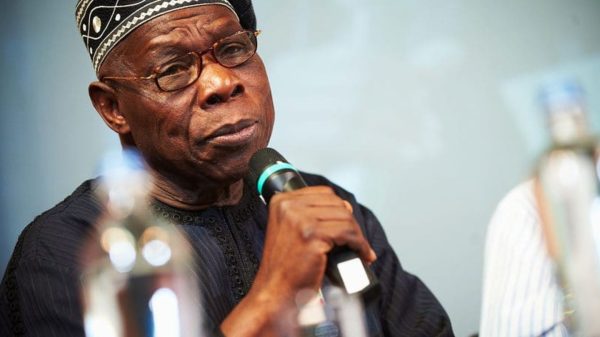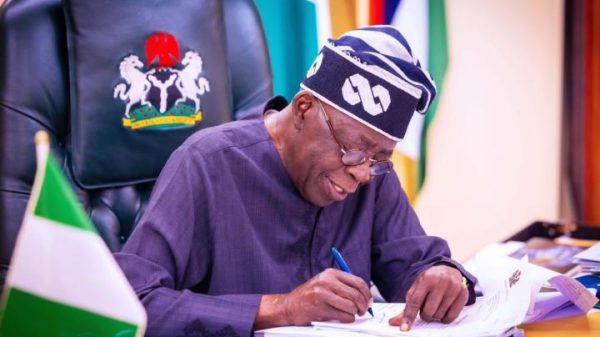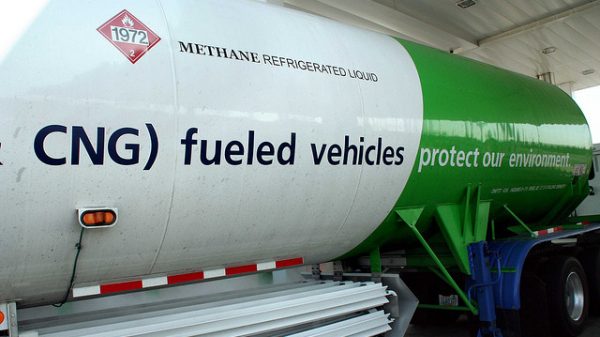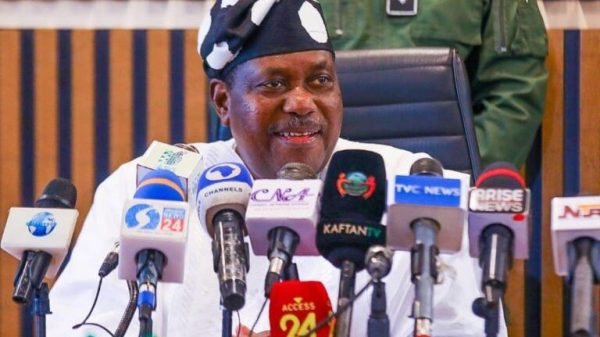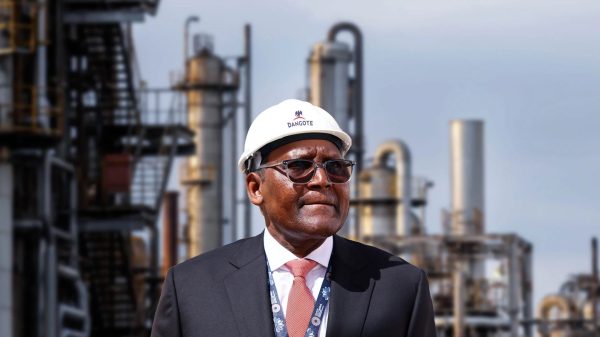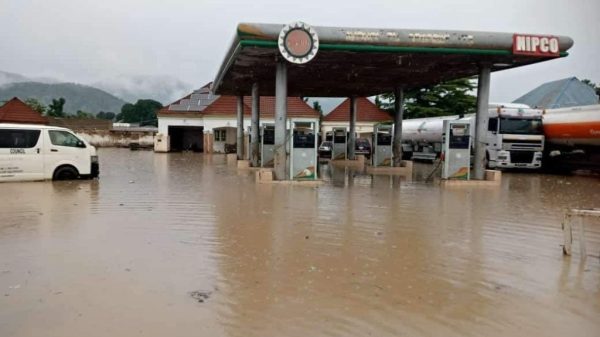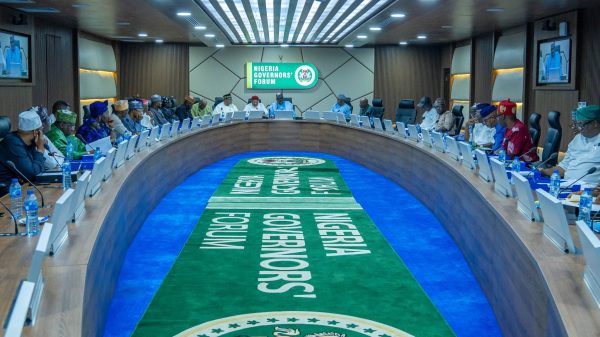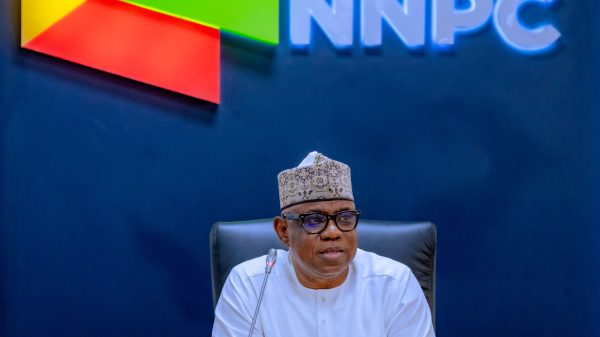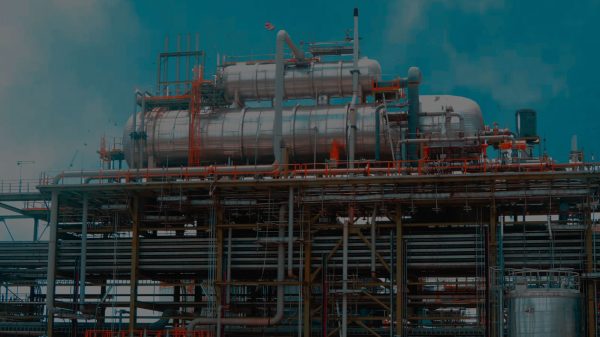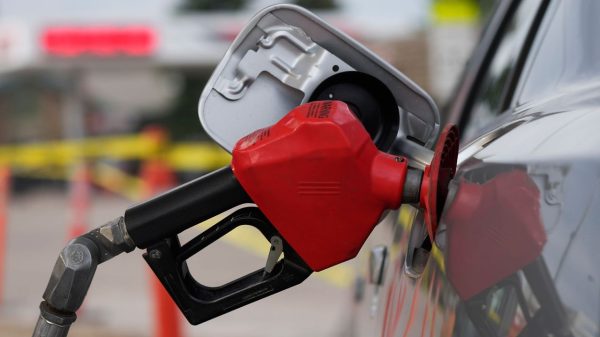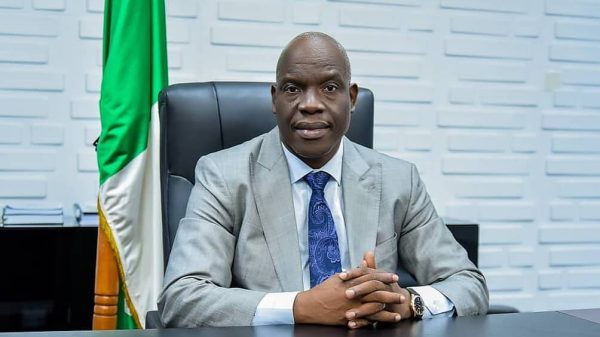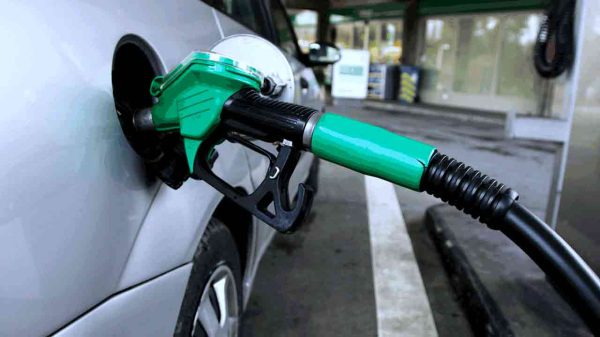Orji Ogbonnaya, executive secretary of the Nigerian Extractives Industries Transparency Initiative (NEITI) says there is no credible data to ascertain the daily consumption of petrol in Nigeria.
Ogbonnaya said the NEITI will conduct a study to ascertain the accurate figure of daily fuel consumption in the country.
He spoke on Monday at the agency’s stakeholders’ validation workshop on the 2022 Annual Progress Report (APR) in Abuja.
The accurate daily petrol consumption figure has remained a secret.
Last year, the Nigerian National Petroleum Company (NNPC) Limited said daily consumption of petrol by Nigerians was “60 million litres per day”.
NNPC’s figure was challenged by the Nigerian Customs Service (NCS) which claimed that the national oil firm “lifts 98 million litres into the market”.
“If we are consuming 60 million litres of PMS per day by their (NNPC) own computation, why would you allow the release of 98 million litres per day?” Customs had queried.
Three weeks ago, almost about a year later, Mele Kyari, group chief executive officer (GCEO) of the NNPC Limited, said “there is no credible data to ascertain the daily consumption of petrol in Nigeria”.
Ogbonnaya stressed told the forum that there was a need for an empirical figure.
“We believe that the figures that are being thrown up as daily consumption of PMS (fuel) in Nigeria are not very correct,” Ogbonnaya said.
“We think we need to have an empirical figure and that is why NEITI is commissioning a study on the actual PMS consumption in Nigeria.
“We have every reason to believe that the figure may be less than what is being projected and the removal of subsidy has also removed all the incentives for hiking this figure in a manner that lacks empirical and logical reason.”
He also said NEITI has been pushing for the removal of fuel subsidies and now that it has been removed, the oil sector activities will become more transparent instead of being shrouded in secrecy.
“The removal of subsidy will remove a lot of opacity and suspicion in budgeting based on estimates. That is why subsidy removal is a very fundamental policy shift that needs to be sustained,” he added.
“For a very long time, my disposition has been for the removal of subsidy. And this government, right from day one, has taken that bold step. There shouldn’t be any going back.
“We should move forward from there and then put in place a robust arrangement that will show a clear departure from the way and manner we have operated under subsidy. Nigerians want to see what will change when the subsidy is no more.
“And we have highlighted this because we know that subsidies put a lot of impediments on transparency and accountability in the management of revenues from the oil and gas industry over the years.”






